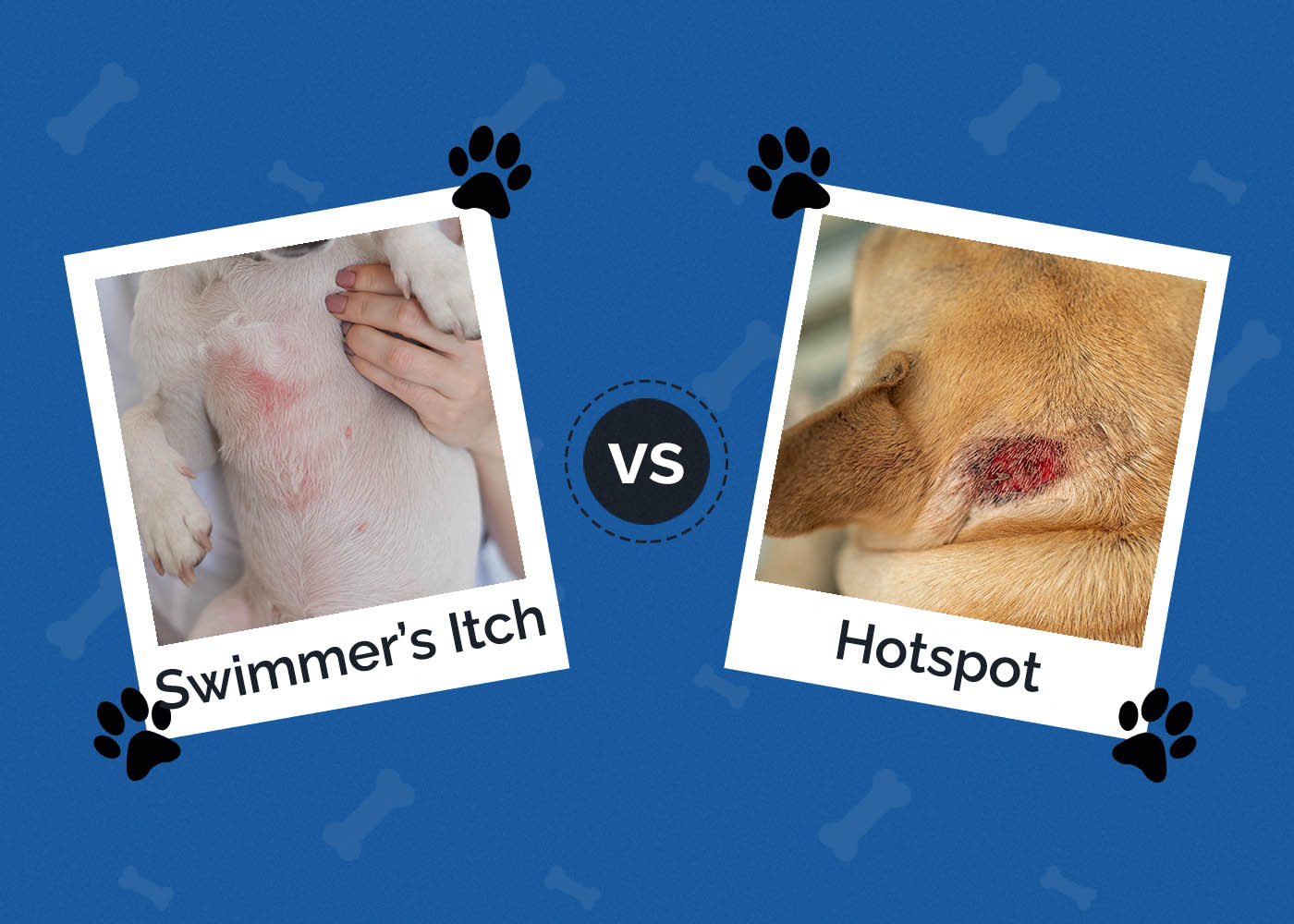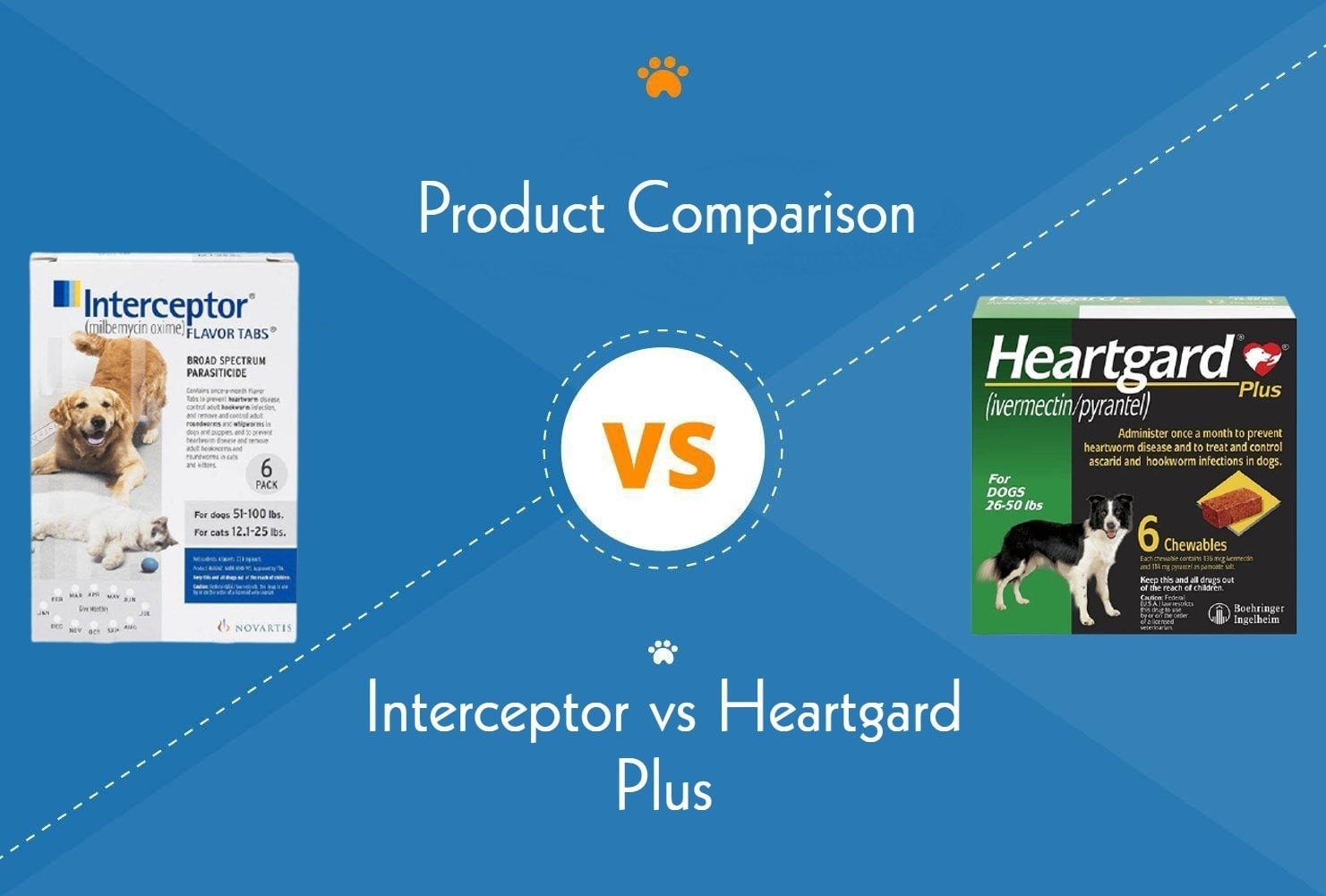Zyrtec for Cats: Dosage and Uses (Vet Answer)

Updated on

Zyrtec is the brand name of a specific antihistamine drug with the generic name of cetirizine and is a type of antihistamine drug frequently prescribed by vets for a variety of uses in cats. The use of Zyrtec is “off-label” for cats. There are lots of drugs prescribed for cats determined as off-label in veterinary medicine.
Zyrtec has many uses for cats, it is commonly used to treat itching associated with certain disorders and insect bite reactions. Zyrtec is commonly used for both cats and dogs.
What Is Zyrtec?
Zyrtec comes in tablet form. It is recommended to store tablets at 20°–25°C (68°–77°F) which should be appropriately room temperature. They should be stored in a closed container away from moisture, heat, and direct sunlight. They should never be frozen and should always be kept out of the reach of children.
Zyrtec is a second-generation antihistamine and works as a H1 receptor blocker. Histamine is a special type of messenger within the body. It is part of your cat’s body’s immune response to help protect from infections. Histamine can be released by the body in response to allergen exposure. When the body comes into contact with allergies, either internally, or on the skin, a chain reaction is triggered, and histamine is released.
Histamine causes the eyes and nose to produce discharge. This is one of the defense mechanisms of the body, designed to flush the irritation away but it can be counterproductive sometimes. An antihistamine drug works to block the release of histamine. It prevents the inflammatory response triggered by allergens therefore easing the symptoms of allergies. The symptoms can be harmful to your cat as they have an inflammatory reaction in their nose, lungs, sinuses, digestive tract, and skin. Antihistamine drugs are used to combat this reaction and protect your cat’s body.
The most common use of Zyrtec in cats is for the treatment of chronic non-responsive inflammation of the sinuses and nose (rhinosinusitis). It is also used to treat itching (pruritus).
How Are Zyrtec Tablets Given?
Zyrtec tablets are small white film-coated tablets containing cetirizine hydrochloride. They are a rounded-off rectangle shape and come in 5 mg or 10 mg size tablets. There is a chewable form of table available as well as the original form. There are some liquid forms available, these should never be used for cats due to other ingredients they may contain that are toxic to cats. Your vet will advise you on the correct dose for your cat.
The duration of the course of treatment depends on what sort of condition is being treated.
The duration may also be altered depending on how the cat responds to the medication.
If any adverse effects occur, consult your veterinarian. Usually, it is advised to stop the treatment straight away.
If you see an improvement in your cat before the treatment has ended, it is very important to continue with the treatment to finish the course.
Zyrtec is available to purchase over the counter, however, it should not be given unless advised to do so by your veterinarian. Zyrtec is not approved for use in any animals by the Food and Drug Administration, however, it is legally prescribed by vets as an “off-label” drug.
What Happens If You Miss a Dose?
If you forget to give your cat their dose of Zyrtec, you can give them the missed dose as soon as possible. Do this unless it is close to the next dose. If this is the case, you can skip the dose and give the next dose at the usual time. Do not give two doses at the same time to make up for a missed dose.

Potential Side Effects of Zyrtec Tablets
Generally, Zyrtec is well tolerated in cats. There are very few known side effects documented, but the following signs have been observed when given in high doses:
- Sleepiness
- Hypersalivation
- Vomiting
- Diarrhea
Despite there being a low number of side effects, there are a few risk factors that owners need to be aware of. Zyrtec can sometimes be used in combination with products containing pseudoephedrine. These products should be avoided at all costs. Zyrtec should be used with caution if your cat has any history of seizure activity if they have trouble passing urine or feces, if they have thyroid issues, glaucoma, or any disease affecting the kidneys, heart, liver, or lungs. Pregnant and nursing cats should not be treated either.
Zyrtec does not tend to cause as much sleepiness as other antihistamine drugs. This is due to the fact that, unlike first-generation antihistamines, it does not cross the blood-brain barrier, so it does not disrupt the wake/sleep cycle. Zyrtec is an H1-specific 2nd generation antihistamine, so it only blocks the histamine related to allergic reactions and does not usually cause excessive sleepiness unless used at very high doses. This does vary between individual cats too.

Frequently Asked Questions (FAQ)
How quickly does Zyrtec work in cats?
Zyrtec has rapid action and starts working within an hour of dosing. Each dose typically lasts about 24 hours.
How do you give Zyrtec to a cat?
Zyrtec is usually given via the oral route in cats in the form of a tablet. There are also some syrup formulations, but most owners find it easiest to use the tablets. It can be given with or without food however, some owners have reported vomiting when giving it without food so it is advised to give it with a small amount of food if this is the case.
If your cat does vomit while taking the medication, speak to your vet straight away before continuing with the course.
Is there any specific monitoring required with this medication?
There is no specific monitoring required with this medication. You may be required to bring your cat back to your vet for follow-up appointments so that your vet can assess the response to treatment. Your vet will also advise you to monitor for any adverse side effects at home.

Conclusion
Zyrtec is a very useful antihistamine drug prescribed for the treatment of allergy symptoms in veterinary medicine. It is used “off-label” in cats, but it is often prescribed by veterinarians for various ailments in cats including chronic inflammatory diseases of the skin, nose, and sinuses.
Zyrtec is available to purchase over the counter, however, it should only ever be used under the direction of a qualified veterinarian. Zyrtec is a safe and effective drug and cats usually respond very well to therapy.
Featured Image Credit: Creative Cat Studio, Shutterstock















